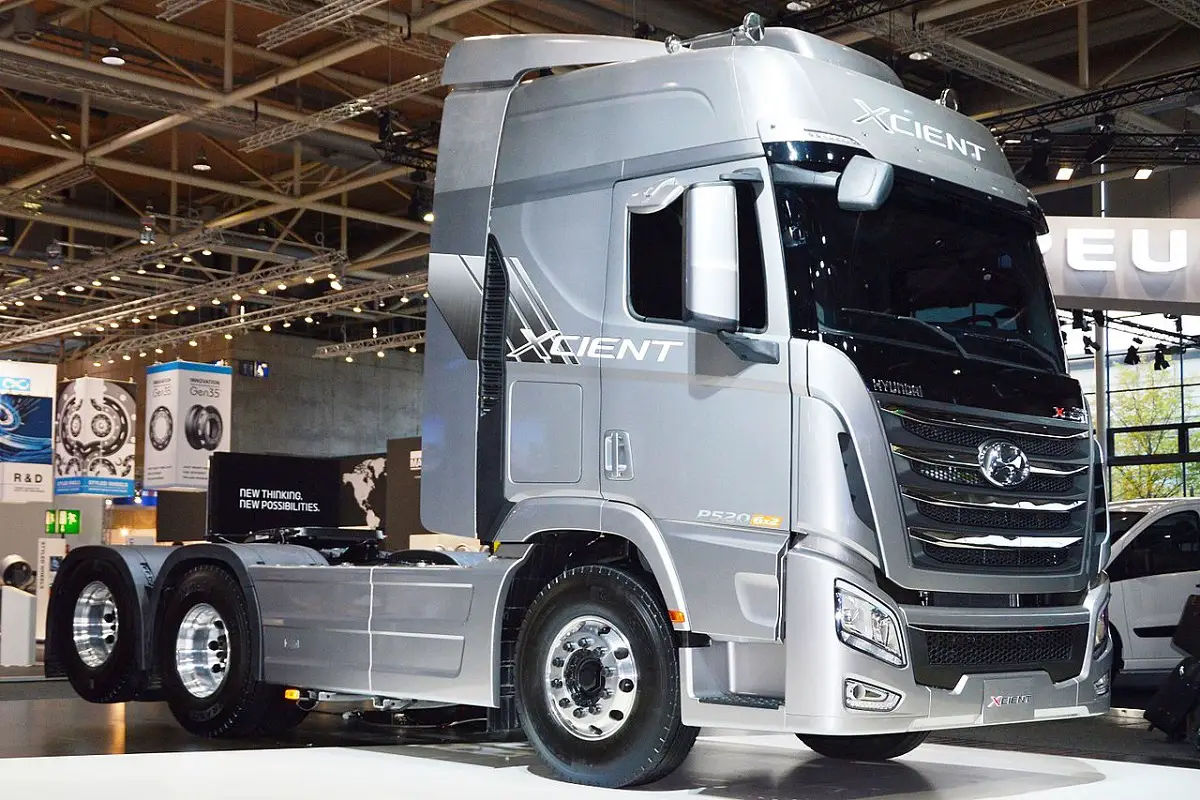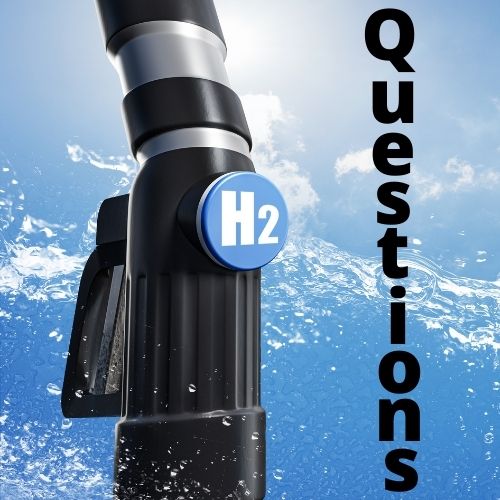
No, the Hyundai hydrogen fuel cell program hasn’t been cancelled
January 5, 2022The automaker has changed directions with H2, but not nearly as dramatically as initially reported.
Recent headlines had been reporting that Hyundai was completely shutting down its hydrogen fuel cell car program, but as it turns out, this is not the case. At the start of the year, the automaker has released reports confirming that it hasn’t dropped H2.
The rumors that the H2 program had been closed began as a result of a report from Korea’s Chosun Libo.
The opinion piece stated that since the internal combustion laboratory at Hyundai – which is actually shutting down – was closing, so would the research the automaker was conducting. However, since that report made the rounds, Hyundai has strongly denied that it was abandoning its hydrogen fuel cell electric vehicles (FCEVs). It also confirmed that it was continuing to move ahead with the development of its Genesis luxury hydrogen cars.
FCEV production may be facing some delays – likely until around 2025 – as certain hiccups caused Hyundai’s third generation fuel cell stack’s development to slow down. However, “Hyundai Motor Group can confirm that it is not halting the development of its engines following recent media speculation,” said the statement from the South Korean automaker. “The Group is dedicated to providing a strong portfolio of powertrains to global customers, which includes a combination of highly efficient engines and zero emissions electric motors.”

Beyond the hydrogen fuel cell cars, Hyundai has also been moving toward FCEV long-haul trucks.
The relationship between H2 and commercial vehicles is as connected and yet different as milk and cheese, said Hyundai Motors Group (KRX stock symbol 005380) Senior Vice President of Fuel Cell Center Sae Hoon Kim said. He explained that nomadic people “preserve milk as cheese left over from the summer,” so that the cheese can be used over the winter as a “milk substitute”.
He added that “Hydrogen will play a similar role to cheese,” during an online conference presentation about hydrogen fuel cell vehicles, because it will “convert excess electricity generated from clean sources — such as wind or solar power — into [energy-dense] hydrogen that can be stored in huge quantities.”
 Many are wondering… How efficient are hydrogen combustion engines?
Many are wondering… How efficient are hydrogen combustion engines?
First off, this article is about FCEV’s which have an electric motor but many are wondering about the possibility of having a hydrogen car with a ICE (internal combustion engine). There have been lots of good points and arguments concerning this hot topic. Check out these articles showing their trials and results: Toyota News Today. Learn more about How companies that are already converting semi trucks to clean H2. Also, make sure to visit our H2 Learning Center and don’t forget to grab your copy of our free ebook, Hydrogen Today and Tomorrow, sign up below and help support the burning questions of tomorrow power.



 With over 15 years of reporting hydrogen news, we are your premier source for the latest updates and insights in hydrogen and renewable energy.
With over 15 years of reporting hydrogen news, we are your premier source for the latest updates and insights in hydrogen and renewable energy.